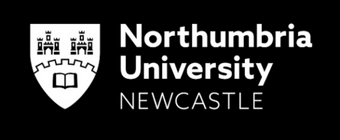This program continually has a very high pass and student satisfaction rate, leading to numerous Ph.D. studies and employment. It also meets the academic requirements of the Institution of Engineering and Technology (IET), by whom it is fully accredited.
You will develop cross-discipline skills through multidisciplinary group work and an individual dissertation. You will learn essential skills such as information research, project planning and management, cost analysis, and budgeting. You will be actively involved within the Faculty Research Seminars, where you can broaden awareness and views across different research areas.
You’ll benefit from the University’s excellent facilities that include specialist electrical and electronics laboratory resources. Northumbria has a well-established reputation for producing graduates who can apply their knowledge to generate creative solutions for sustainable electrical power systems.














